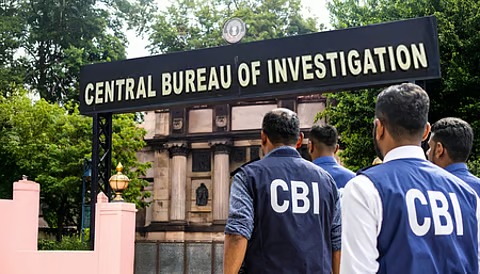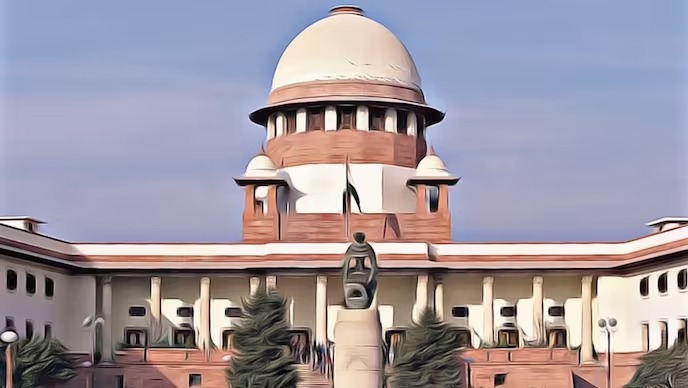Richardson, J.@mdashThe defendant No. 1 in the suit out of which this appeal arises was the owner in her own right of a moiety share of the taluk to which the suit relates. As to the other moiety share she was the mortgagee in possession under a mortgage by way of conditional sale. As mortgagee, she had undertaken to pay the Government revenue due in respect of the share mortgaged. The taluk, however, fell into arrears and was sold on the 6th June 1897 at a revenue sale and purchased by one Abdul Bari. Abdul Bari sold the taluk in May 1899 to Basirulla and in November 1900 the defendant No. 1 purchased it from Basirulla. In November 1911 the plaintiff in the suit purchased a 4-annas share of the taluk from defendant No. 5, the mortgagor of defendant No. 1. The suit was brought by the plaintiff to redeem the mortgage of defendant No. 1 and both the Courts below have concurred in making a decree in favour of the plaintiff.
2. In this appeal it is contended in the first place that defendant No. 1 was prejudiced at the trial by an amendment which was made in one of the issues. In our opinion, there is no substance in this contention. The amended issue and the original issue if properly understood raise the same questions of fact, the very questions to which evidence was directed. On that point we agree with what is said on the subject by the learned District Judge in the course of his judgment.
3. The two remaining contentions may be dealt with together. One of them is that the plaintiff purchased nothing under his conveyance from defendant No. 5, and the second is that the learned District Judge has not found expressly that defendant No. 1 was guilty of wilful neglect in not paying the Government revenue. What the Court below appears to have found is this, that the purchase of the taluk by Abdul Bari and the purchase by Basirulla were collusive transactions engineered by the defendant No. 1 for the purpose of getting the estate into her own hands. If that is the meaning of the learned Judge''s judgment, then there is an end of the case. Such collusive transaction could have no effect on the title of defendant No. 5 or on the title acquired by the plaintiff from that defendant. The findings of the District Judge appear to me sufficiently clear. In the first place, referring to the sequence of transactions he says this: "The rapidity of these transactions is very suggestive. It has been argued for the respondent that the appellant being already the owner of half the taluk, wished to make sure of getting the other half and doing away with the rights of the mortgagors, and accordingly arranged a collusive set of transactions and was obliged to purchase herself from Basirullah when her estate was taken over by the Court of Wards, since the Court of Wards would not manage a benami property. These contentions are supported by the prices paid." Then later on he sums up as follows: "These facts alone, in my opinion, suffice to show that the transactions are not genuine." As to wilful default on the part of the defendant in connection with the payment of Government revenue the learned Judge says, "there is no evidence at all to show that the tenants were seriously in arrears over paying their rents." The suggestion made to-day that if the defendant No. 1 had had an opportunity she might have shown that the inability to pay the revenue was due to a cyclone or something of that kind, cannot be accepted in face of the findings to which we have referred.
4. The result is that this appeal is dismissed. The plaintiff-respondent is entitled to his costs of this appeal from the appellant.
5. We are now informed that pending the hearing of the appeal to this Court the appellant has died. Her two daughters have been substituted in her place. Her son claims no interest through her and appears to have been added as a party respondent. He now asks for costs. We see no reason why he should receive costs.
Beachcroft, J.
6. I agree.

